Shaping Africa’s ICT Future: The Role of Multi-Stakeholder Engagement Beyond WSIS +20
AfICTA - Africa ICT Alliance
Session 329
Engendering WSIS for SDGs
As the global community reflects on two decades since the World Summit on the Information Society (WSIS), Africa stands at a pivotal juncture. The WSIS+20 review offers not just a moment for assessment but a strategic opportunity to redefine the continent’s ICT development priorities in the digital era. Despite commendable progress in digital infrastructure, innovation, and policy, Africa continues to face challenges with connectivity, inclusion, affordability, trust and innovation. Addressing these challenges and harnessing the full potential of ICTs requires broad-based multi-stakeholder collaboration across government, civil society, the private sector, technical communities, and academia.
This session seeks to evaluate Africa’s progress in ICT development since the inception of the WSIS process, while identifying both the persistent and emerging challenges shaping the continent’s digital landscape. A critical focus will be the national adaptation of WSIS outcomes into local ICT policies and strategies. It will emphasize the importance of institutionalizing an annual national review and reporting mechanism to assess the level of adoption and implementation. Such regular evaluations will help monitor progress, identify policy gaps, ensure implementation, and promote accountability and shared learning across the region. The session also aims to foster inclusive dialogue among diverse stakeholders to redefine Africa’s ICT priorities beyond 2025, ensuring they remain responsive to both global digital transformations and the continent’s specific development needs.
Additionally, it will explore practical frameworks to enhance multi-stakeholder participation in digital policy-making and implementation. Central to this effort is the alignment of Africa’s digital transformation agenda with broader global and continental frameworks, including the Sustainable Development Goals (SDGs), the Global Digital Compact (GDC), the African Union’s Agenda 2063, and regional ICT integration strategies.
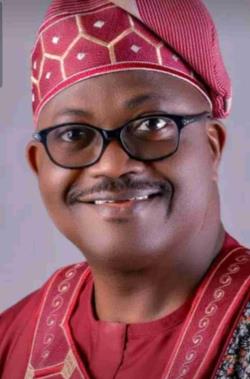

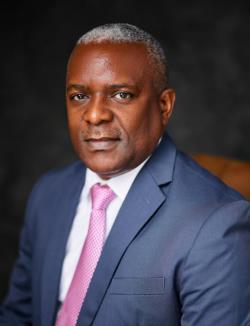

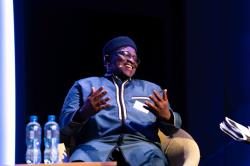
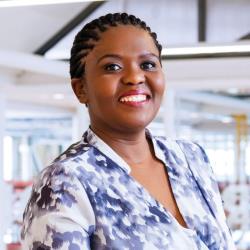
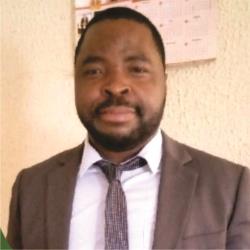
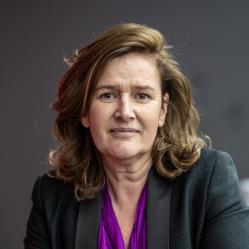
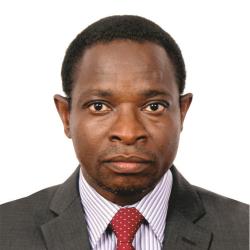
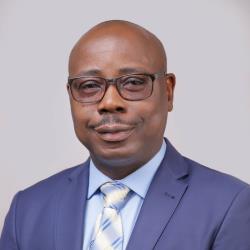
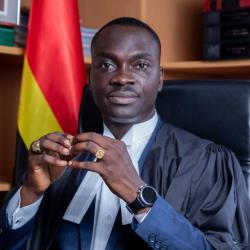
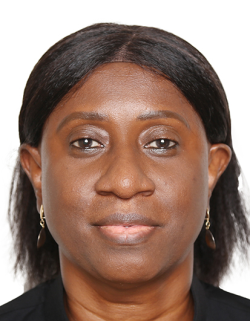
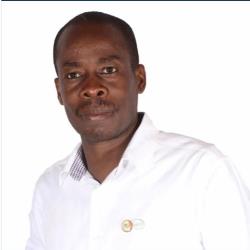
-
 C1. The role of governments and all stakeholders in the promotion of ICTs for development
C1. The role of governments and all stakeholders in the promotion of ICTs for development
-
 C2. Information and communication infrastructure
C2. Information and communication infrastructure
-
 C3. Access to information and knowledge
C3. Access to information and knowledge
-
 C4. Capacity building
C4. Capacity building
-
 C5. Building confidence and security in use of ICTs
C5. Building confidence and security in use of ICTs
-
 C7. ICT applications: benefits in all aspects of life — E-government
C7. ICT applications: benefits in all aspects of life — E-government
-
 C7. ICT applications: benefits in all aspects of life — E-business
C7. ICT applications: benefits in all aspects of life — E-business
-
 C7. ICT applications: benefits in all aspects of life — E-learning
C7. ICT applications: benefits in all aspects of life — E-learning
-
 C7. ICT applications: benefits in all aspects of life — E-employment
C7. ICT applications: benefits in all aspects of life — E-employment
-
 C8. Cultural diversity and identity, linguistic diversity and local content
C8. Cultural diversity and identity, linguistic diversity and local content
-
 C10. Ethical dimensions of the Information Society
C10. Ethical dimensions of the Information Society
-
 C11. International and regional cooperation
C11. International and regional cooperation
This session directly contributes to the 20-year review of WSIS implementation by examining how multi-stakeholder engagement, one of the core principles of the WSIS process, has influenced ICT development across Africa. It reflects on progress made in line with WSIS Action Lines, particularly Action Line C1 (The role of governments and all stakeholders in the promotion of ICTs for development), and explores how collaborative governance models have advanced digital inclusion, infrastructure, and innovation. The session also aims to project future strategies for African ICT development beyond WSIS+20, ensuring sustainability and inclusivity in the evolving digital landscape.
-
 Goal 4: Ensure inclusive and equitable quality education and promote lifelong learning opportunities for all
Goal 4: Ensure inclusive and equitable quality education and promote lifelong learning opportunities for all
-
 Goal 7: Ensure access to affordable, reliable, sustainable and modern energy for all
Goal 7: Ensure access to affordable, reliable, sustainable and modern energy for all
-
 Goal 8: Promote inclusive and sustainable economic growth, employment and decent work for all
Goal 8: Promote inclusive and sustainable economic growth, employment and decent work for all
-
 Goal 9: Build resilient infrastructure, promote sustainable industrialization and foster innovation
Goal 9: Build resilient infrastructure, promote sustainable industrialization and foster innovation
-
 Goal 10: Reduce inequality within and among countries
Goal 10: Reduce inequality within and among countries
-
 Goal 12: Ensure sustainable consumption and production patterns
Goal 12: Ensure sustainable consumption and production patterns
-
 Goal 13: Take urgent action to combat climate change and its impacts
Goal 13: Take urgent action to combat climate change and its impacts
-
 Goal 16: Promote just, peaceful and inclusive societies
Goal 16: Promote just, peaceful and inclusive societies
-
 Goal 17: Revitalize the global partnership for sustainable development
Goal 17: Revitalize the global partnership for sustainable development
This session supports the Sustainable Development Goals (SDGs), particularly SDG 9 (Industry, Innovation and Infrastructure), SDG 17 (Partnerships for the Goals), and SDG 4 (Quality Education), by emphasizing the role of inclusive multi-stakeholder collaboration in shaping Africa’s ICT future. It highlights how digital transformation, when guided by broad stakeholder input, can drive sustainable development, reduce inequalities, and promote resilient digital ecosystems across the continent.
- Objective 1: Close all digital divides and accelerate progress across the Sustainable Development Goals
- Objective 2: Expand inclusion in and benefits from the digital economy for all
- Objective 3: Foster an inclusive, open, safe and secure digital space that respects, protects and promotes human rights
- Objective 4: Advance responsible, equitable and interoperable data governance approaches
- Objective 5: Enhance international governance of artificial intelligence for the benefit of humanity